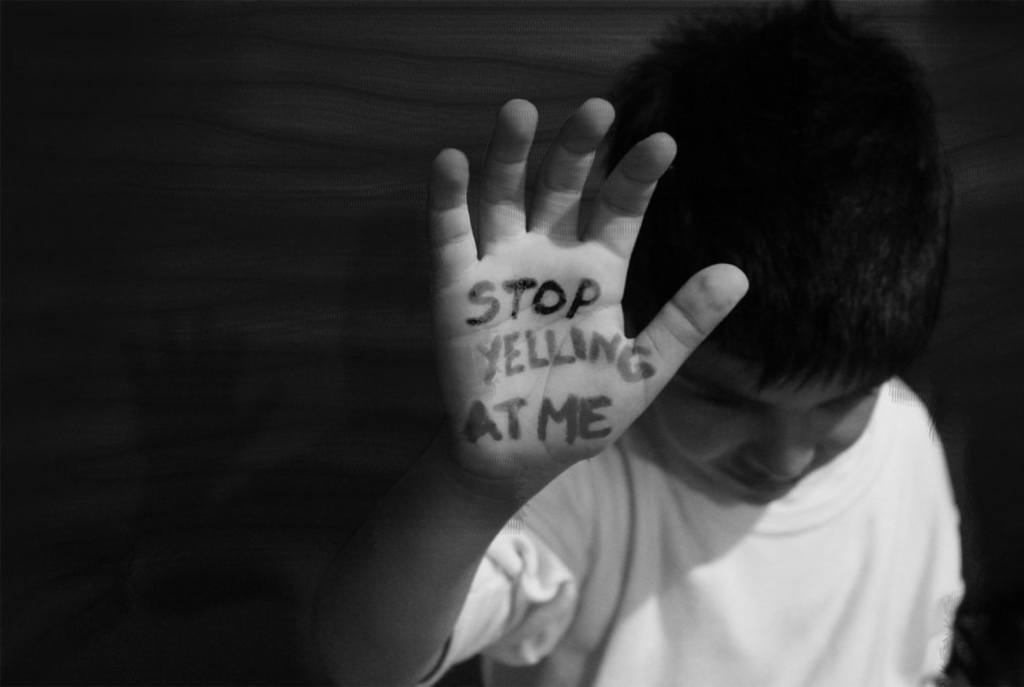
Child maltreatment is a pervasive issue, with several subtypes recognized, including physical, sexual, and emotional abuse, and neglect. While emotional abuse is acknowledged, it lacks a specific focus on the adult’s actions, leading to verbal abuse being often normalized or ignored. A systematic review conducted by researchers at UCL and Wingate University emphasizes the importance of identifying childhood verbal abuse as a distinct subtype of maltreatment, addressing its lasting impact, and enabling targeted prevention efforts.
Nature of Childhood Verbal Abuse
Childhood verbal abuse encompasses harmful behaviors such as belittling, shouting, and threats, causing significant emotional and psychological harm. This form of abuse can result in enduring consequences, including increased risks of anger, depression, substance abuse, self-harm, and obesity. Notably, it is primarily perpetrated by parents, caregivers, and teachers, with shouting and screaming being common characteristics.
Importance of Clear Definitions
The study highlights the need for consistent definitions of childhood verbal abuse, as terminologies vary across cultures and studies. Recognizing verbal abuse as a standalone subtype is crucial for prevention and intervention strategies. Current classifications tend to focus on the victim, while verbal abuse emphasizes the adult’s responsibility, paving the way for targeted prevention efforts.
Impact on Children’s Well-being
Childhood verbal abuse, often overlooked, has lifelong implications. Research indicates that it is the most prevalent form of child maltreatment, surpassing physical or sexual abuse. Addressing the specific actions of adults, such as shouting and threats, can pave the way for effective interventions. Identifying childhood verbal abuse as a distinct subtype provides a foundation for preventive measures, breaking intergenerational cycles of abuse.
Childhood verbal abuse, marked by belittling, shouting, and threats, is a significant yet often neglected form of maltreatment. Recognizing it as a distinct subtype is essential for targeted prevention and intervention efforts. By focusing on the actions of adults and their responsibilities, society can work collaboratively to curb childhood verbal abuse, fostering environments where children can thrive emotionally and psychologically.





